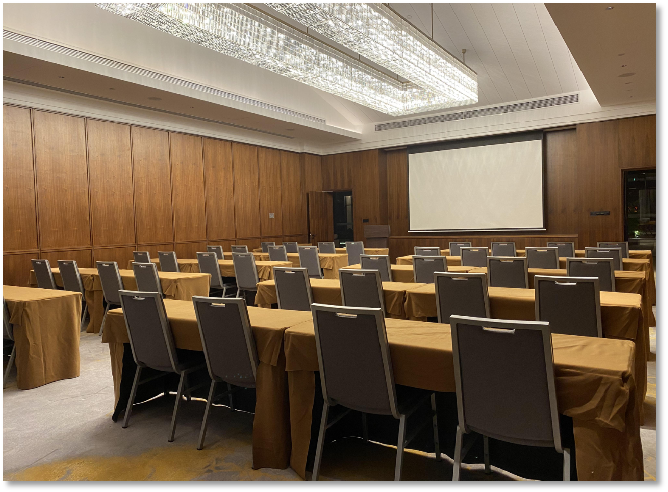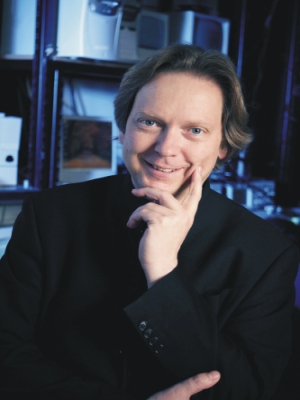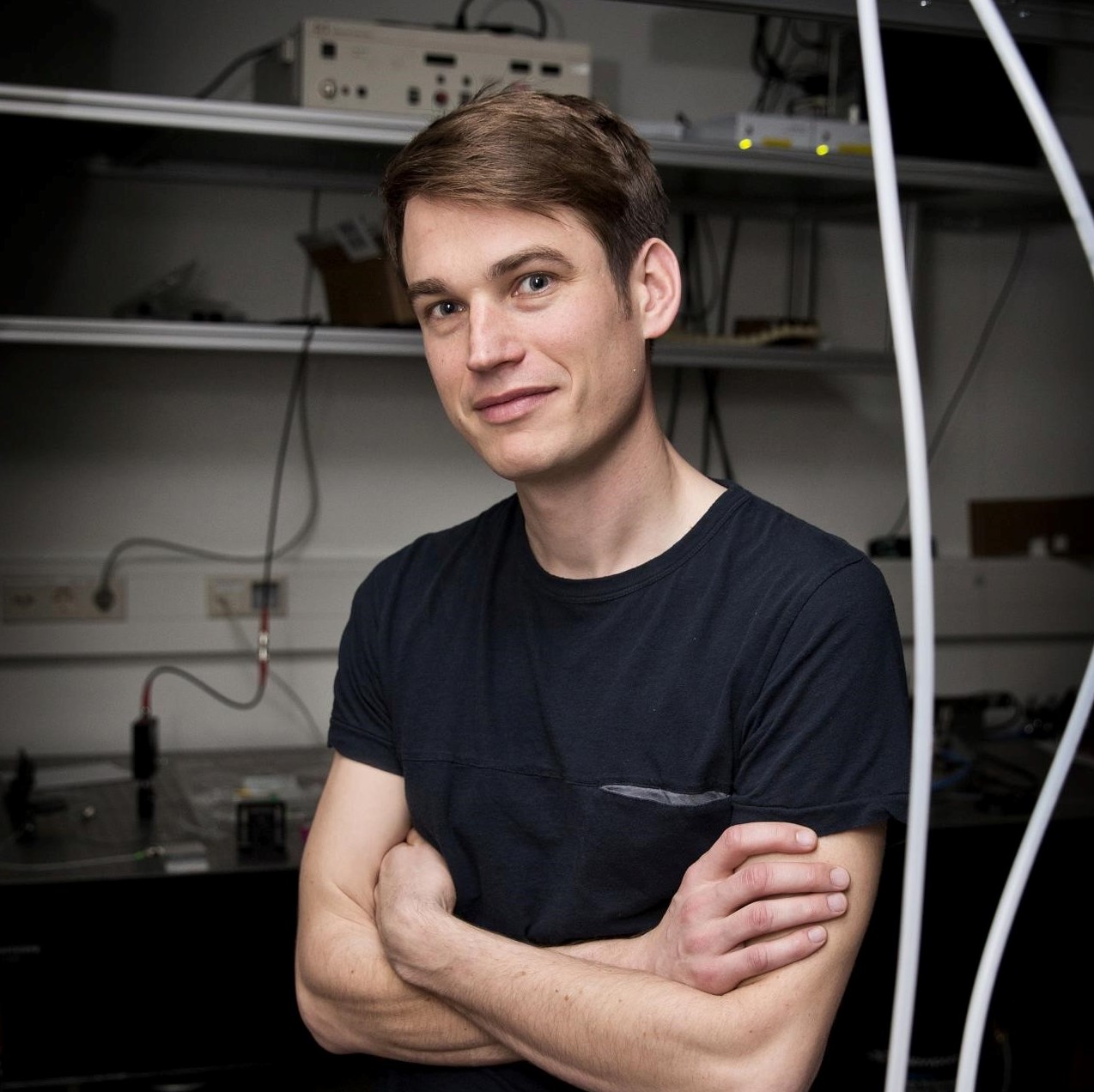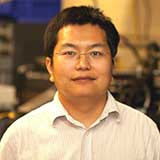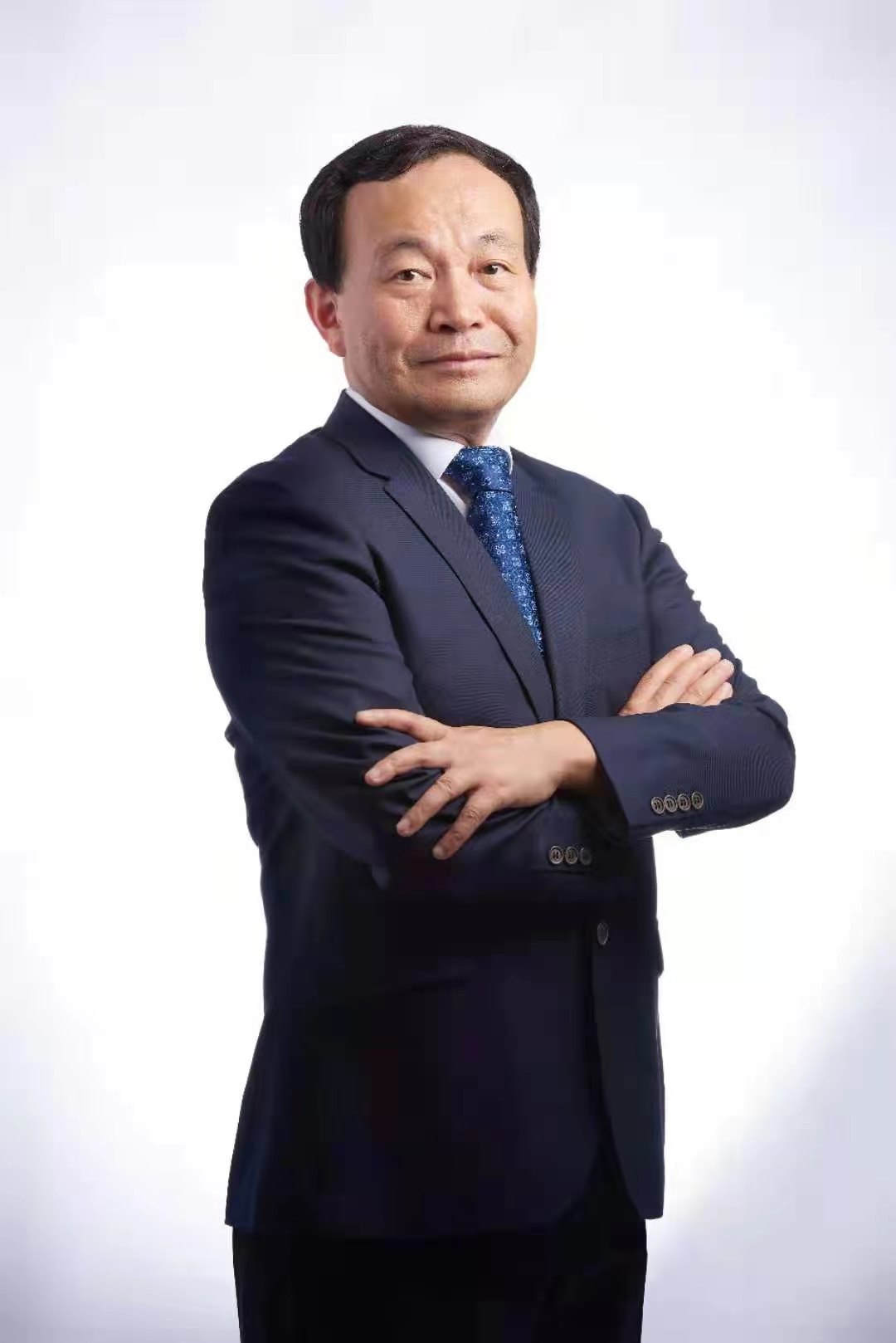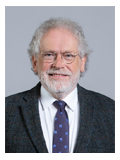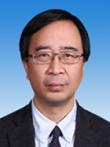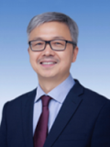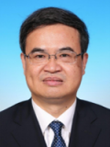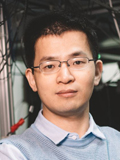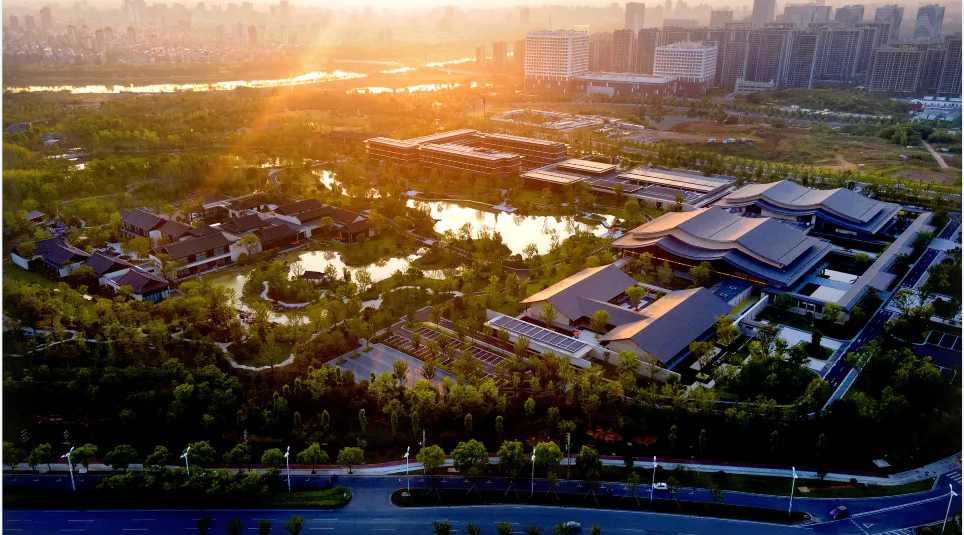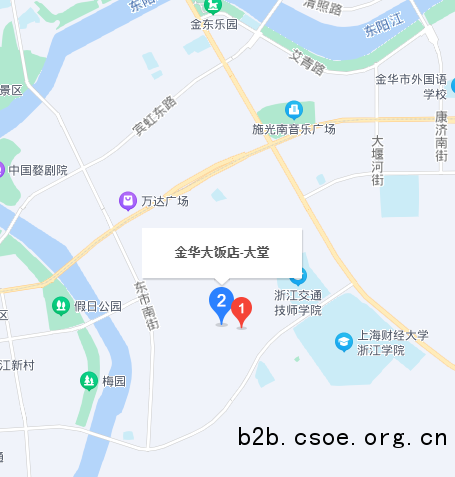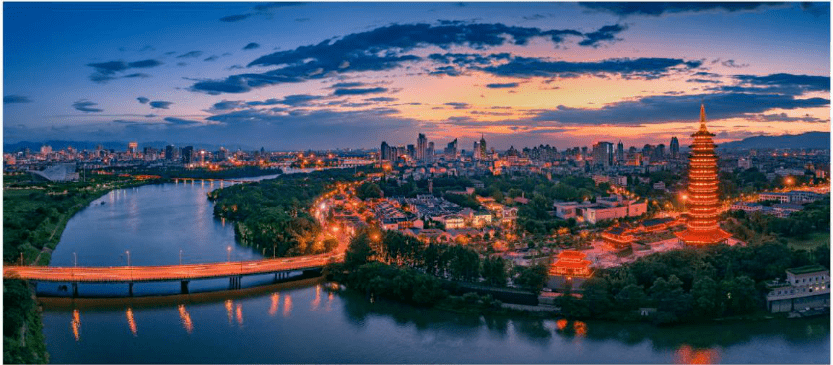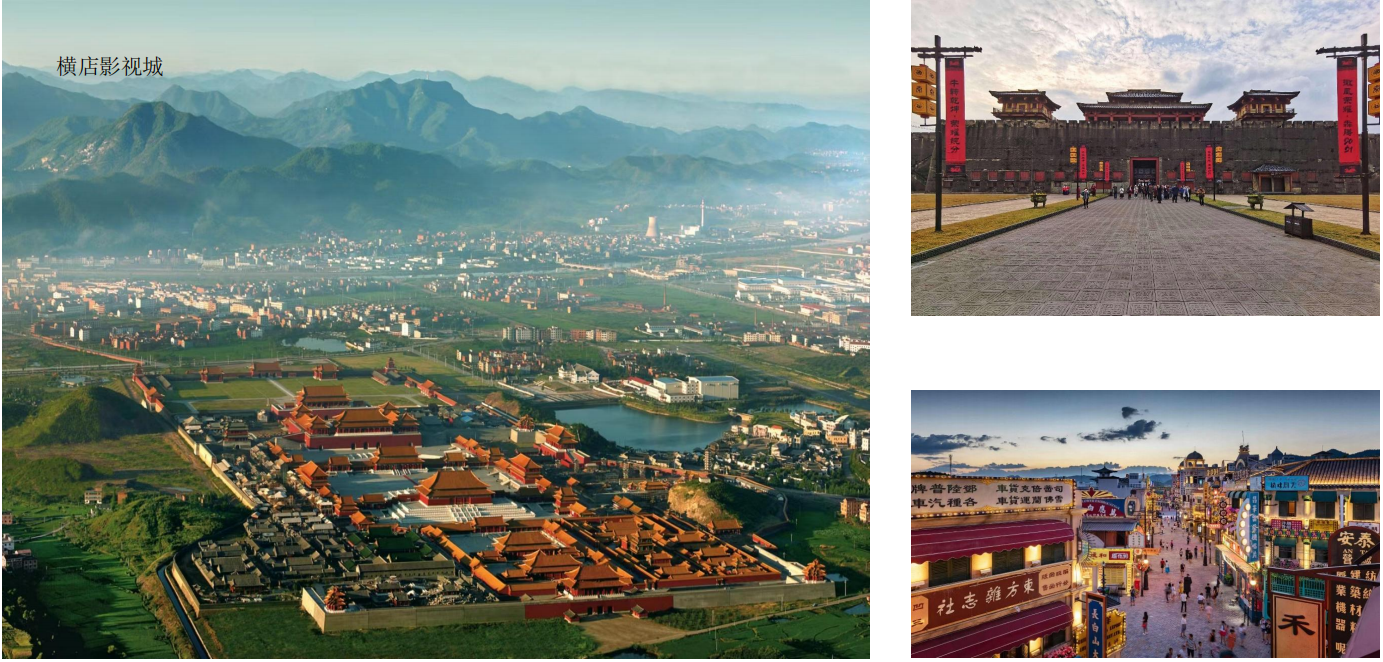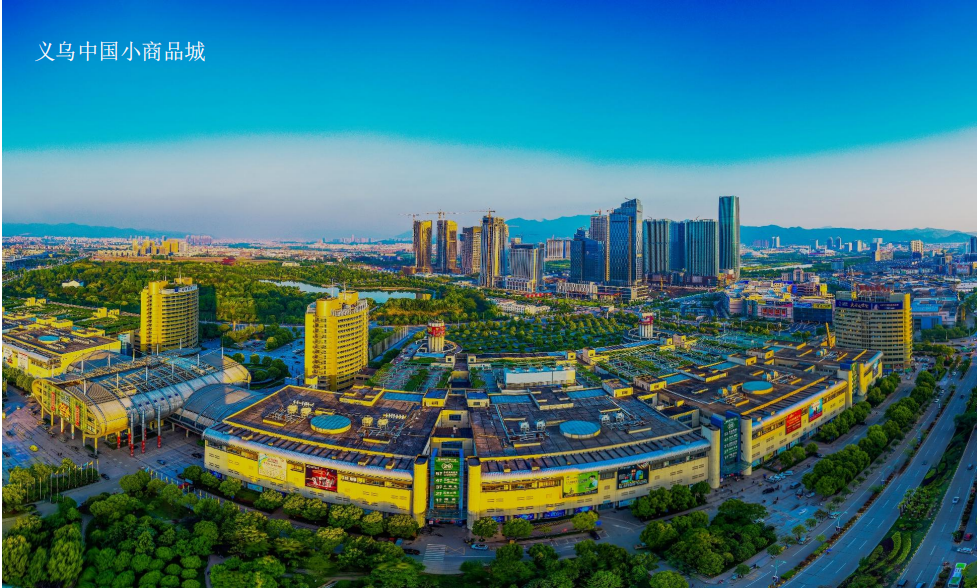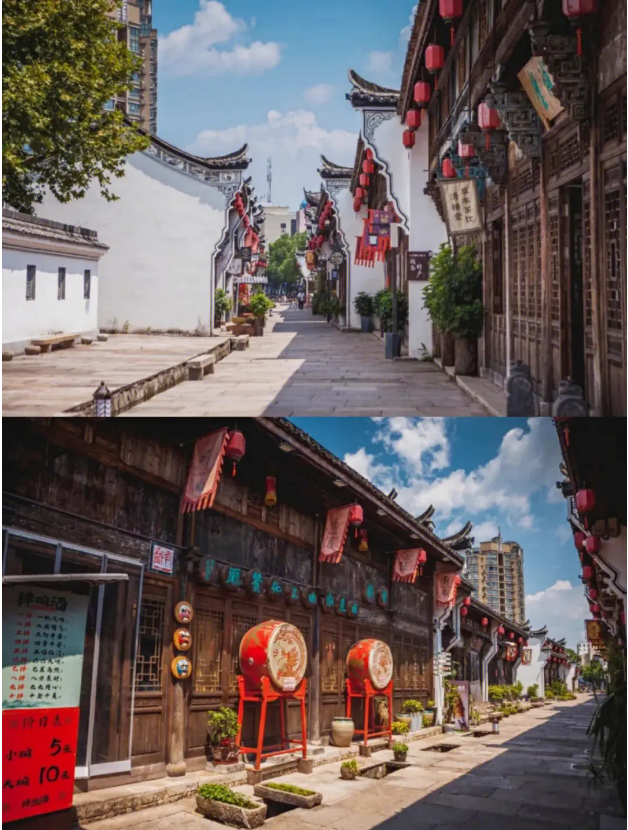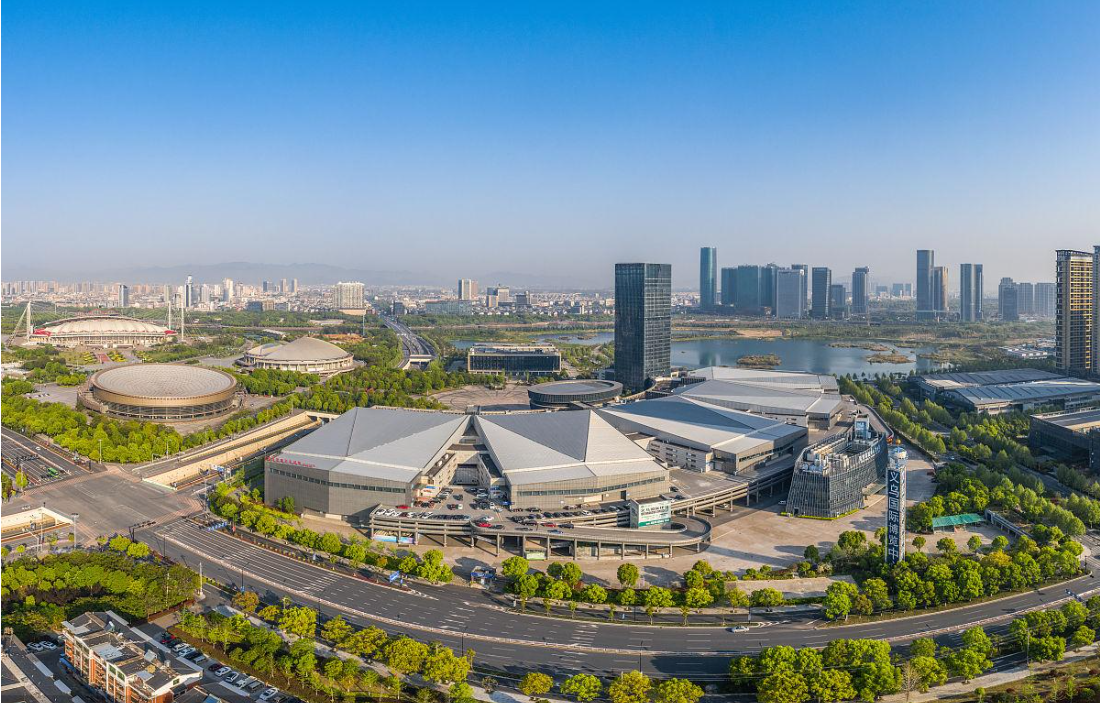Topic1: Quantum foundations
Invited talks:
Mohamed Bourennane, Stockholm University, Sweden
Giulio Chiribella, University of Hong Kong—Quantum metrology with indefinite order
Zhengda Li, Southern University of Science and Technology
Sixia Yu, University of Science and Technology of China—Measurement uncertainty relationship for three observables
Qi Zhao, University of Hong Kong—Robust self-testing of many body entanglement
Fei Zhou, Innovation Academy of Precision Measurement Science and Technology, CAS—Experimental exploration of thermodynamic problems in quantum information processing
Huangjun Zhu, Fudan University—Information theoretic significance of projective measurements
Topic2:Quantum optics
Invited talks:
Mile Gu, Nanyang Technology University, Singapore—Dimensional Reduction in a Quantum World
Liang Jin, Nankai University—High-order spectral singularity in open systems
Hui Jing, Hunan Normal University—Nonreciprocal Quantum Optics
Renbao Liu, Chinese University of Hong Kong—Quantum nonlinear spectroscopy via a quantum sensor
Xiaosong Ma, Nanjing University—Integrated quantum photonics for quantum network
Zeyu Ou, City University of Hong Kong—Unbalanced interferometers beyond coherence time
Jayne Thompson, Agency For Science, Technology and Research(A*STAR), Singapore—Using quantum agents to reduce the resource cost of executing adaptive tasks
Jinhui Wu, Northeast Normal University—Enhanced biphoton generation on resonance via atomic dark state
Zhedong Zhang, City University of Hong Kong—Monitoring electronic coherences of molecules by quantum-light spectroscopy
Topic3:Quantum precision measurement
Invited talks:
Junhong An, Lanzhou University—Floquet engineering to overcome no-go theorem of noisy quantum metrology
Kelin Gao, Institute of Precision Measurement Science and Technology Innovation, CAS—The precision spectroscopy study with Ca+ ion
Juergen Stuhler, TOPTICA Photonics AG ,Germany—TOPTICA Photonics – From Lasers for Quantum Technologies to Optical Clocks
Xinhua Peng, University of Science and Technology of China
Tian Xia, University of Science and Technology of China—CP symmetry test via atomic EDM measurement
Weiping Zhang, Shanghai Jiao Tong University—Quantum Metrology with Atom-photon Interface
Topic4:Quantum simulation
Invited talks:
Gyu-Boong Jo, The Hong Kong University of Science and Technology(HKUST)—Quantum simulation with neutral atoms:from non-Hermitian matter to 2D dipolar superfluids
Xiaopeng Li, Fudan University—Computation with Atomic Quantum Simulations
Zhifang Xu, Southern University of Science and Technology—Unconventional Superfluidity in Optical Lattices
Wei Zhang, Renmin University of China—Quantum simulation of non-Hermitian Hamiltonian in trapped ion
Jiehang Zhang, Shanghai Institute for Advanced Studies of University of Science Technology of China—Quantum information with a high-connectivity processor
Xianhe Zhao, University of Science and Technology of China—Quantum simulation based on random circuit sampling
Topic5:Quantum computation and algorithms
Invited talks:
Peter Coveney, University College London, US—Seeking quantum advantage in molecular electronic structure calculations
Nana Liu, Shanghai Jiao Tong University—Analog quantum simulation of partial differential equations
Zhongxia Shang, University of Science and Technology of China—A polynomial-time quantum algorithm for solving the ground states of a class of hard Hamiltonians
Xin Wang, City University of Hong Kong—Application of optimal control in quantum parameter estimation and quantum hypothesis testing
Yukai Wu, Tsinghua University—Progress on ion trap quantum computing and simulation
Kai Xu, Institute of Physics, CAS—Quantum simulation based on hamiltonian engineering in superconducting circuits
XiaoYuan, Peking University—Variational quantum simulation algorithms
Youpeng Zhong, Southern University of Science and Technology—Distributed quantum computing with superconducting qubits
Topic6:Quantum error correction and fault tolerance
Invited talks:
Ying Li, China Academy of Engineering Physics—Quantum error correction and error mitigation
Mazyar Mirrahimi, National Institute for Research in Digital Science and Technology (INRIA), France—Repetition cat qubits
Xiaolong Su, Shanxi University—Continuous-variable quantum computation and quantum error correction
Ye Wang, Hefei National Laboratory—Quantum error correction on a trapped-ion quantum computer
Yuan Xu, Southern University of Science and Technology—Beating the break-even point with a discrete-variable-encoded logical qubit
Xiaobo Zhu, University of Science and Technology of China—Superconducting quantum computing error correction
Topic7:Ultracold atoms and molecules
Invited talks:
Wenlan Chen, Tsinghua University—Observation of universal dissipative dynamics in strongly correlated quantum gas
Yanting Cheng, University of Science and Technology Beijing—Quantum Many-Body Physics with Rydberg Atom Arrays
Ippei Danshita, Department of Physics Kindai University, Japan—Dynamics of correlation spreading in cold-atom systems
Chao Gao, Zhejiang Normal University—Twistronics with cold atoms
Xiwen Guan, Institute of Precision Measurement Science and Technology Innovation, CAS—Quantum transport of 1D Hubbard model
Xiongjun Liu, Peking University—Quantum critical states in optical Raman lattices
Xinyu Luo, Max Planck Institute, Germany—Creation of ultracold tetratomic molecules from a Fermi gas of microwave-shielded polar molecules
Dajun Wang, Chinese University of Hong Kong—Quantum control and interaction of ultracold polar molecules
Bo Yan, Zhejiang University—Quantum simulation in momentum lattice with ultracold atoms
Tianwei Zhou, University of Florence,Italy—Strongly Interacting Lattice Fermions: Hall Physics in Synthetic Quantum Systems
Topic8: Quantum communications
Invited talks:
Jiupeng Chen, Jinan Institute of Quantum Technology—Long-distance optical fiber twin-field quantum key distribution
Hou IAN, University of Macau——Quantum information using linear optics
Yongmin Li, Shanxi University—The scheme implification and networking of continuous variable quantum key distribution
Bing Qi, New York University Shanghai—Towards the integration of quantum key distribution in classical optical networks
Tao Wang, Shanghai Jiao Tong University—Continuous-variable quantum access network
Zongquan Zhou, University of Science and Technology of China—Long-lived quantum memories and quantum networks
Topic9: Quantum experiments in space
Invited talks:
Tang Li, Shanghai Institute of Optics and Fine Mechanics, CAS—Experimental Progress of Cold Atom Physics Rack (CAPR) in Chinese Space Station
Shengkai Liao, Satellite based quantum key distribution network—Satellite based quantum key distribution network
Paolo Villoresi,University of Padova, Italy—Harnessing novel photonics tools for Space Quantum Communications
Wenjuan Wang,Shanghai Institute of Technical Physics, CAS—InP-based Single Photon Avalanche Diode and Its Applications in Space Quantum Experiments
Shougang Zhang, National Time Service Center, CAS—High-precision time-frequency experimental system in the China Space Station
Topic10:Integrated quantum photonics
Invited talks:
Yunhong Ding,Technical University of Denmark, Denmark—Integrated quantum photonics on silicon, lithium niobate and future hybrid platform
Xiaoshun Jiang, Nanjing University—Brillouin-Kerr soliton and optomechanical optical microcombs in chip-based microresonators
Xianmin Jin, Shanghai Jiao Tong University
Feng Liu, Zhejiang University—Quantum devices based on III-V quantum dots
Mingyang Zheng, Jinan Institute of Quantum Technology—Quantum frequency conversion and single-photon detector with LNOI chip
Qiang Zhou, University of Electronic Science and Technology of China—Integrated multimode photonic quantum memory at telecom band
Topic11:Quantum detections and applications
Invited talks:
Jin Chang, Delft University of Technology, the Netherlands—Research progress of SNSPD and emerging quantum optics applications in the future
Rugang Geng,University Of New South Wales,Australia—Sub-micron spin-based magnetic field imaging with an organic light-emitting diode
Chunming Yin, University of Science and Technology of China—Single erbium ions in silicon nanodevices for quantum applications
Qi Zhang, Nanjing University—Coherent strong coupling: from light-matter to matter-matter
Manjin Zhong, Southern University of Science and Technology—Development of a persistent quantum memory
Lai Zhou, Beijing Academy of Quantum Information Sciences——High speed single photon detector and the application in quantum network
Topic12:Quantum optomechanics and quantum precision measurement
Invited talks:
Sungkun Hong, University of Stuttgart, Germany—Integrated quantum levitodynamics: from fundamental research to new quantum technology
Jieqiao Liao, Hunan Normal University—Dark-mode engineering in cavity optomechanical systems with multiple mechanical modes
Haitan Xu, Nanjing University—Exceptional point, precision measurement and control in optomechanics
Topic13:Micro/nano-photonics
Invited talks:
Huanjun Chen, Sun Yat-sen University—Polaritonic 2D crystals and their applications in THz and mid-infrared regions
Ye Tian, Shanghai Institute of Optics and Fine Mechanics, CAS—Surface plasma polariton amplification and electron acceleration under intense field
Yang Zhang, University of Science and Technology of China—Probing magneticl light-molecule interaction in a plasmonic picocavity
Lei Zhou, Fudan University—meta-couplers for linking propagating waves and surface waves
Topic14: Optoelectronic integration
Invited talks:
Martin Booth, University of Oxford, UK
Xuewen Chen, Huazhong University of Science and Technology
Honghua Fang, Tsinghua University
Jintian Lin, Shanghai Institute of Optics and Fine Mechanics, CAS—Kerr soliton comb generation in a normal dispersion lithium niobate microdisk by mode trimming
Ziyang Zhang, Westlake University—Function Programmable Waveguide Engine and Integration Technology
Topic15:Terahertz quantum detection
Invited talks:
Lei Hou, Xi 'an University of Technology
Wei Huang, South China Normal University—Terahertz technology based on Rydberg atoms
Guilan Li, Beijing Institute of Radio Measurement—Quantum Measurement of Electromagnetic Fields
Yan Peng, University of Shanghai for Science and Technology—Terahertz Rydberg fine detection study
Qianchun Weng, Institute of Physical and Chemical Research (RIKEN), Japan—Terahertz quantum sensing and ultrasensitive super-resolution imaging
Linjie Zhang, Shanxi University—Electric fields sensing based on Rydberg atoms
Topic16:Biophotonics
Invited talks:
Jiawei Sun, Shanghai Artificial Intelligence Laboratory—Smart Multi-core Fiber Endoscopy for Optical Manipulation and 3D Imaging
Peng Xi, Peking University—Super-resolution: an adventure on a new dimension
Wei Zheng, Shenzhen Institute of Advanced Technology,CAS—Development and application of novel two-photon microscopy
Topic17:AI in optics and photonics
Invited talks:
Liangcai Cao, Tsinghua University
Juergen Czarske, TU Dresden, Germany—Computational Fiber-optical Communication and Sensing exploiting AI
Chaoran Huang, Chinese University of Hong Kong
Liyang Shao, Southern University of Science and Technology—Intelligent Integrated Fiber Optic Communication and Sensing
Xingjun Wang, Peking University
Gu Xuemei, Max Planck Institute, Germany—Graph-Theoretical Approaches for AI-Driven Discovery in Quantum Optics
Qian Zhang, Dresden University of Technology, Germany—Digital demultiplexer for structuredlight in multimode fibers usingphysics-informed neura network
Qiming Zhang, University of Shanghai for Science and Technology—Artificial neural networks enabled by nanophotonics
Topic18:Quantum information and optoelectronics industry
Invited talks:
Jun Jiang, University of Science and Technology of China—Quantum photonics guided machine learning for material industrial digitization
Lei Mi, Cas Star
Hongsong Shi, China Information Security Assessment Center—Towards the progress of ISO/IEC standardization on QKD security evaluation
Min Yu, USTC Holdings Company Limited—Industrialization of quantum technology
PhotoniX Prize: Lighting Young Achievers in Photonics
We are thrilled to announce the establishment of an esteemed award at the upcoming QPhotoniX 2023—a prize that aims to acknowledge and motivate the exceptional contributions made by young scientists who are under 35 years old in the field of photonics and its interdisciplinary applications. The initiative seeks to celebrate the visionary work of individuals who have demonstrated outstanding achievements, irrespective of age or specialization, and have significantly advanced the frontiers of photonics.
The PhotoniX Prize stands as a beacon of recognition for the young researchers who have harnessed the power of light to unlock new possibilities and drive innovation. This prestigious award draws inspiration from the renowned Fresnel Prize and embodies a similar spirit of honoring brilliance in the field of optics.
This year, the PhotoniX Prize will be awarded in two distinct categories: Frontier Exploration and Technological Breakthrough, each representing vital aspects of photonics research.
The Frontier Exploration category recognizes those visionary minds who have ventured into uncharted territories and pushed the boundaries of knowledge in fundamental photonics. This award celebrates the intellectual curiosity and courage required to embark on groundbreaking scientific quests.
The Technological Breakthrough category applauds young trailblazers who have transformed their innovative ideas into practical applications and technologies with real-world impact. This award acknowledges the transformative power of photonics in driving technological progress and societal benefits.
The PhotoniX Prize aims to inspire young researchers to continue their relentless pursuit of excellence, serving as a catalyst for further discoveries and advancements in photonics. By acknowledging their remarkable achievements, we hope to nurture and empower the next generation of photonics leaders.
Nomination Process
Deadline: November 15th, 2023
The nomination must include:
A letter of not more than 1,000 characters outlining the nominee's qualifications and outstanding contribution to the field
Name and email address of the nominee
Award citation (no more than 30 words)
A biographical sketch, including date of Ph.D
A list of the most important publications.
At least two letters of external recommendation, not including the nominator
Nominations of others and self-nominations are both welcomed
Optional supporting documents such as additional publications, patents, etc
Contact: The entire package should be bundled into a single pdf file and submitted by email to zhangshu@csoe.org.cn
Science Popularization Forum on Quantum Photonics
In order to stimulate the scientific innovation potential of the majority of teenagers in Jinhua, to cultivate their awareness of loving science and the spirit of science, the organizing committee will invite academicians and experts to hold a special science popularization forum in the multifunctional theater of Jinhua Light Cultural Square on the morning of November 27th. The activity will be hosted by Jinhua Association for Science and Technology, Zhejiang Normal University and Jinhua Municipal Committee of Jiusan Society, and organised by Jinhua Science and Technology Museum. The event will be presided by the TV host on live, stay tuned.
Quantum Information and Optoelectronics Industry Innovation Exhibition
The conference will build a whole industry chain platform for the academic and industrial sessions in the field of quantum photonics. In order to fully display innovative products, technologies and industrial development in this field, the organizing committee will set up a special exhibition area during the conference, and invite relevant units and enterprises to actively sign up. According to the needs of various enterprises, the organizing committee can carry out customized personalized docking service activities.
Meet the Editor-in-Chief of PhotoniX
The Editorial office of
PhotoniX will invite the chief editors and editors of the journal to meet with young scholars and authors in the field of quantum photonics face to face, discuss the technical development and hot issues in the field of quantum photonics, and give guidance and answer questions on the writing, submission and evaluation criteria of international high-quality journal papers.
Youth Scientist Forum
The forum is aimed at Chinese researchers studying and working overseas who are engaged in quantum photonics and related technologies. The forum is mainly a summary and presentation of all the scientific research work of researchers overseas, highlighting the highlights of work innovation in recent years. It aims to provide a good display platform for outstanding overseas scientific researchers in the subdivision field of quantum photonics, and promote the exchange and accurate docking between domestic universities, research institutes, enterprises and institutions and overseas scientific research talents.
Outstanding Youth Paper Report
Quantum Clash:Ping-Pong Tournament, etc

